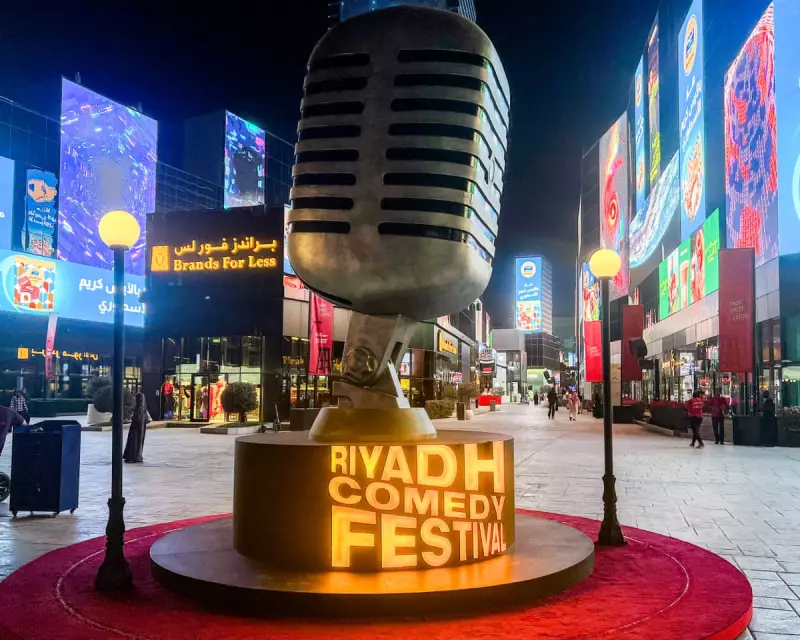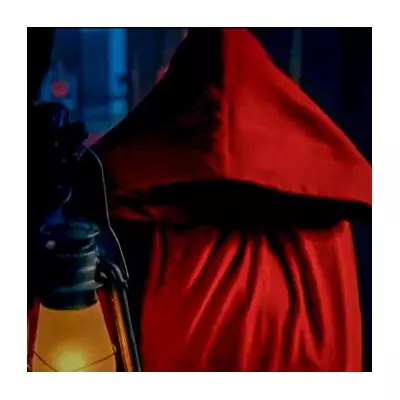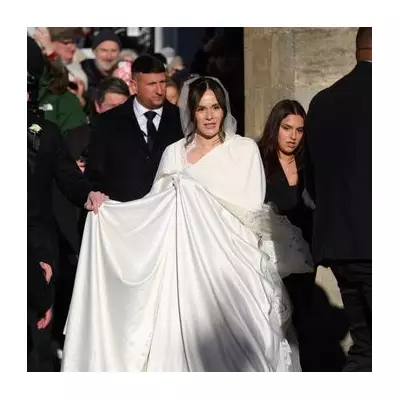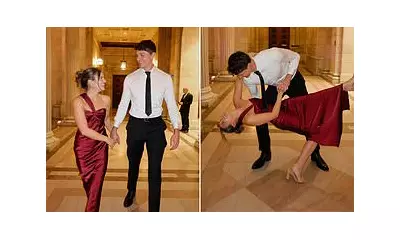
The glittering lights of Riyadh's comedy festival have cast long shadows across the international arts scene, as British-Iranian comedian Omid Djalili's headline performance in Saudi Arabia ignites a fiery debate about art, politics and cultural diplomacy.
A Kingdom of Contradictions
Djalili, known for his sharp observational humour and Middle Eastern heritage, took to the stage in a nation where comedy walks a tightrope between entertainment and political sensitivity. The performance comes amid Saudi Arabia's ambitious Vision 2030 reforms, which include promoting entertainment sectors while maintaining strict social controls.
The Cultural Tightrope
Sources close to the festival reveal the delicate balancing act performers face. While the event promised "boundary-pushing comedy," comedians reportedly received extensive briefing on red lines and sensitive topics. The very concept of stand-up comedy represents a radical departure in a country where public criticism of the government remains strictly forbidden.
Djalili's participation has drawn particular scrutiny given his previous routines about Middle Eastern politics and human rights. Critics question how a comedian known for political commentary navigates Saudi Arabia's restrictive environment.
International Backlash and Artistic Defence
The comedy festival has become the latest battleground in the ongoing debate about Western artists performing in countries with questionable human rights records. Human rights organisations have condemned the event as "sportswashing's cultural cousin," accusing Saudi Arabia of using entertainment to distract from its political repression.
The Economic Calculus
Behind the cultural controversy lies a significant economic reality. Saudi Arabia is pouring billions into developing its entertainment industry, offering appearance fees that dwarf those available in traditional Western markets. This financial power is rapidly reshaping global entertainment circuits, forcing artists to weigh ethical considerations against career opportunities.
Between Censorship and Cultural Exchange
Festival organisers maintain they're fostering cultural dialogue and supporting the growth of Saudi comedic talent. They point to sold-out shows and enthusiastic local audiences as evidence of genuine cultural appetite.
Yet the fundamental question remains: can authentic comedy thrive in an environment where certain topics are permanently off-limits? The Riyadh festival represents a fascinating experiment in whether humour can transcend political boundaries or must inevitably bow to them.
As Western artists increasingly face these complex decisions, Djalili's Saudi performance may well become a landmark case in the ongoing negotiation between artistic expression and geopolitical realities.





